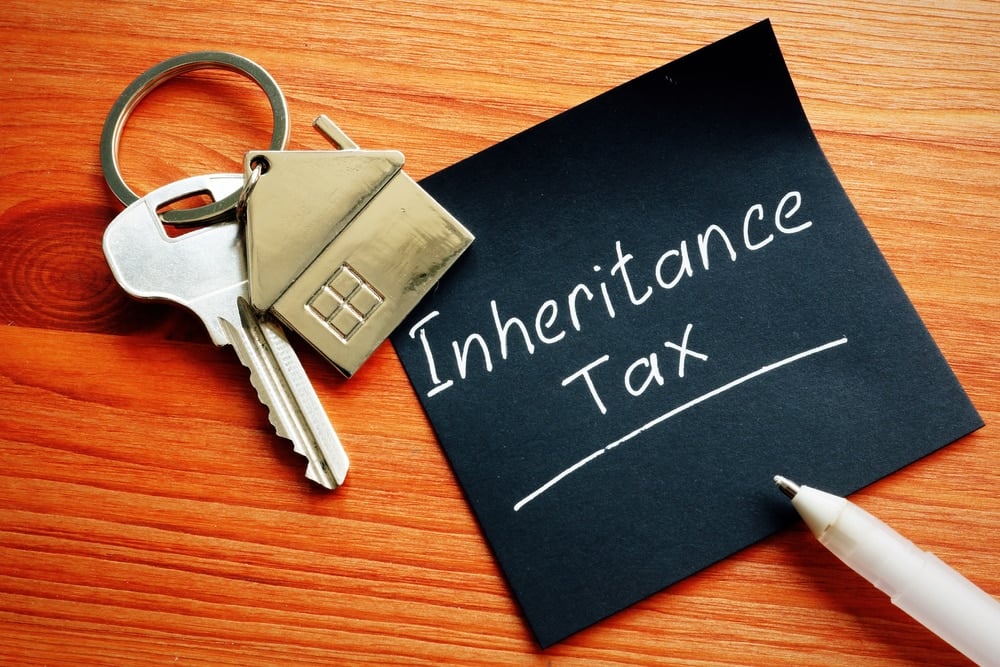It’s predicted that the government will rake in over £9bn from inheritance tax this tax year, exceeding the previous year’s total of £8.2bn.
Specialists at Irwin Mitchell Private Client Advisory made the prediction following news from HMRC that inheritance tax receipts between April and July reached £3.1 billion, about 6.9% ahead of the same period last year.
Andrea Jones, partner and head of Irwin Mitchell’s Private Client Advisory team, said: “Today’s figure of £844m for IHT receipts is the highest monthly amount recorded.
“It now looks likely that inheritance tax receipts will exceed £9bn by the end of March 2026.
“I wouldn’t be surprised if the number is closer to £10bn 12 months later.”
Further changes may come in the Autumn Budget, including a proposed £100,000 lifetime gifting cap. Currently, gifts made more than seven years before death are exempt from IHT.
However, proposals under consideration could cap lifetime gifts at £100,000, with any excess taxed at 40%.
London’s elite neighborhoods dominate the top 10 list for the highest average IHT paid per estate, as Kensington leads with each estate paying an average of £1.3m in IHT.
Chelsea & Fulham, and Cities of London & Westminster also feature prominently, each with average IHT bills over £1m.
Ian Dyall, head of estate planning at wealth management firm Evelyn Partners, said: “One of the easiest ways for families to reduce the threat of larger IHT bills is to gift during lifetime, and as the seven-year rule allows unlimited amounts to be transferred and possibly leave the estate altogether, this is the natural escape route that the Treasury might seek to block off.
“One issue with such a step is that gifting might be a plus for other tax revenues and the economy. The forthcoming IHT rule changes are leading people to gift business assets and to start accessing their pensions, to spend as well as give away, which should lead to increased income and other tax revenues in the short term.
“Funds gifted to younger people are more likely to be spent and fed back into the economy, and in a roundabout way boost VAT and stamp duty land tax for instance.
“Maybe Treasury officials are not too worried about the short term IHT receipts and more keen to get money moving out of tax-protected pensions?
“But this is still not going to raise the sort of sums that the public purse looks like it needs, certainly not in the short or medium term, so one wonders whether another move on IHT would be worth all the negative headlines.”
